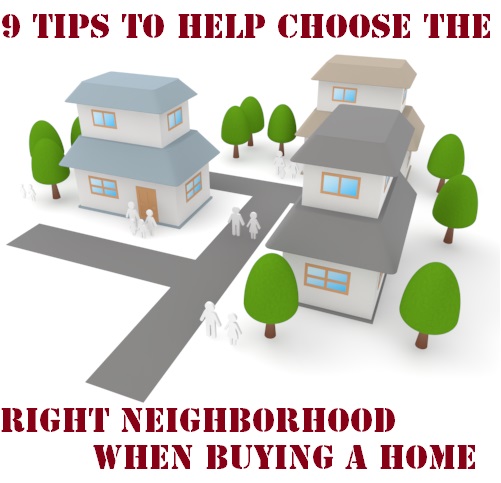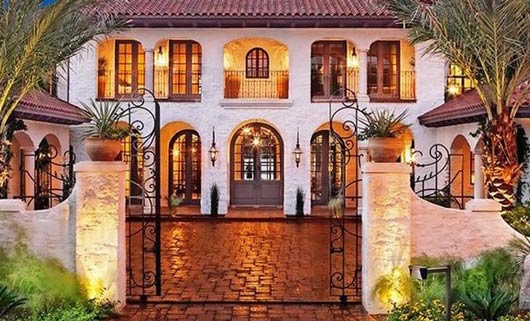

If you’re looking at comps further back than three months, dump them. The price of your home today can’t be compared with the selling price of your neighbor’s identical home six months ago. Does it face an eyesore or busy intersection? Does it have a view? Does it get nearby freeway noise or sit on the bank of a tranquil lake? Don’t forget to take these location nuances into consideration.

It relates not only to your state, city, and neighborhood but also to where your house sits on the street. Pay close attention to other homes’ upgrades to make a fair assessment of how they affect value. A teardown, a fixer-upper, updated, or pristine - the condition of your house can be a deal maker or a deal breaker. When you compare your home with others, stay within 0.5 acre.Ĭondition. The exact acreage of your land correlates to price. The more perks you have, such as walk-in closets, a pool, spa, gourmet kitchen, and so on, the higher the price. How many your home has - and where they’re located - can radically change the price.Īmenities. When you compare your home with others, stay within a five-year range. Newer homes don’t necessarily command higher prices (neither do vintage ones), but condition relative to age does factor into price. When it comes to pricing, the bigger the property, the bigger the price tag.Īge and condition. Then use the following list to make note of what similar homes have that yours doesn’t, and what your home has that others lack. Wade through the comparable homes and find one that is most like yours. Use Trulia to get familiar with what homes are listed for ( and selling for) nearby, then swing by a few nearby open houses.īut before you head out the door and start comparing your home with the rest of your neighborhood, heed these tips when looking for comparable sales.Īnalyzing comps entails some detective work, since chances are, your house isn’t exactly like every other on the block. So think like a buyer and scope out other homes that are for sale or have recently sold in your neighborhood. If you’ve done your research, you know that not just any number will do: If you overprice your home, it will sit idle on the market, and if you underprice it, you’ll miss out on cash and equity that could’ve been earned in the sale. Forget finding a real estate agent, working on renovations, and home staging: Choosing the right asking price may be the hardest part of selling your home.


 0 kommentar(er)
0 kommentar(er)
